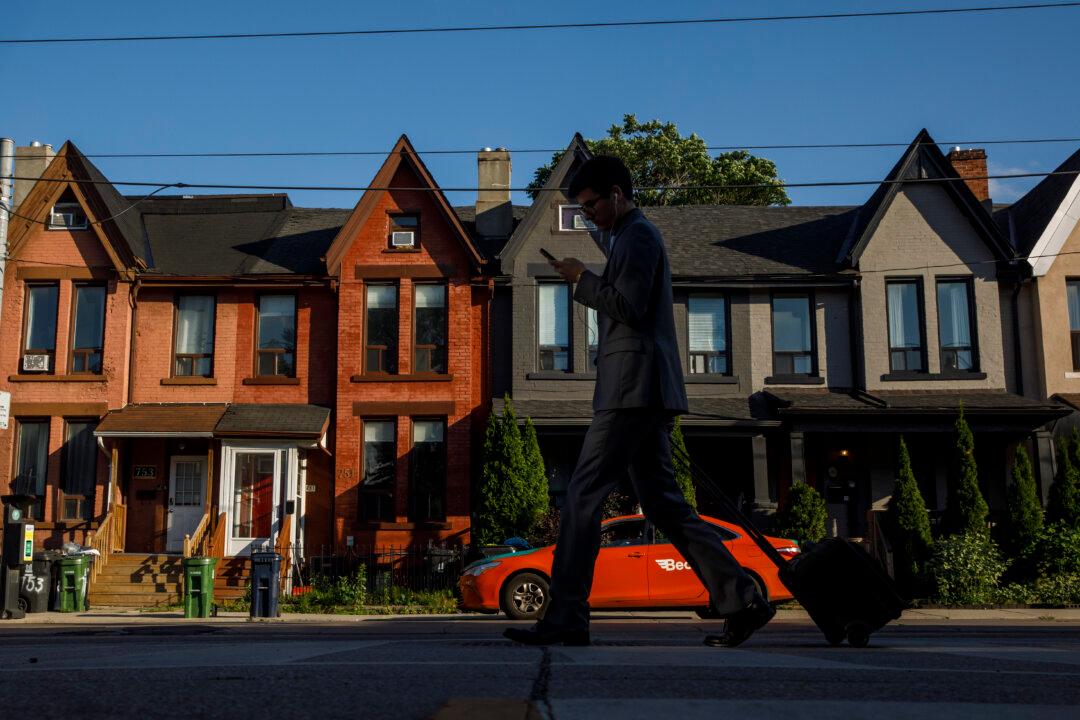Toronto’s city council has voted to keep the vacant home tax despite concerns over the program “fiasco” where thousands of bills were wrongfully issued.
The vacant home tax was introduced in 2022 as a way to ease the housing crisis by encouraging owners not to leave their properties unoccupied. For 2022 and 2023, the tax is 1 percent of the current property value assessment. That number will be increasing to 3 percent in 2024 and subsequent years, the city says.





